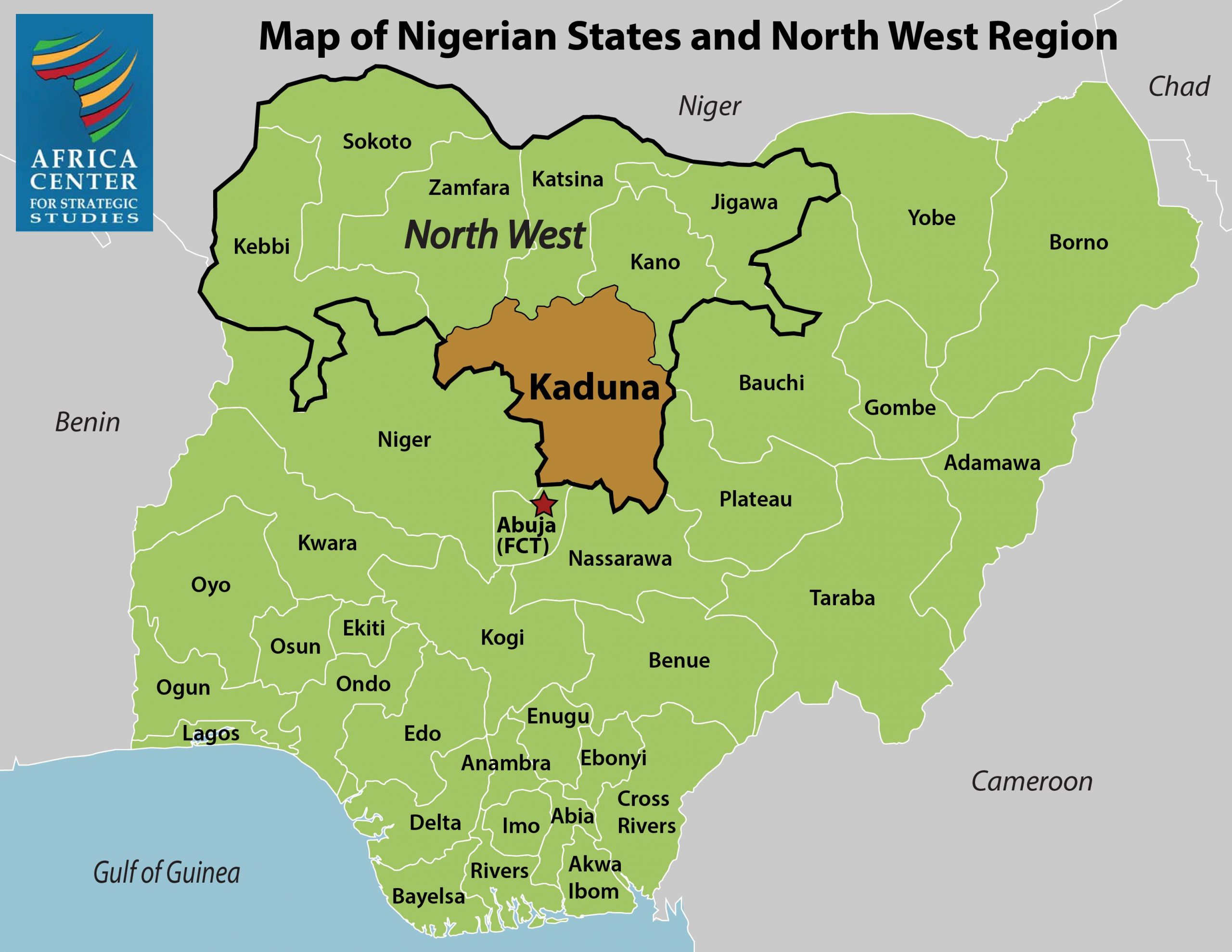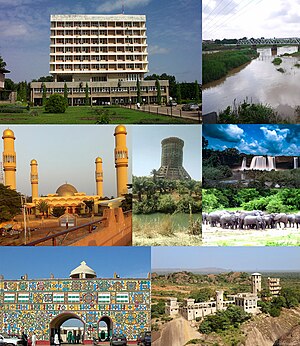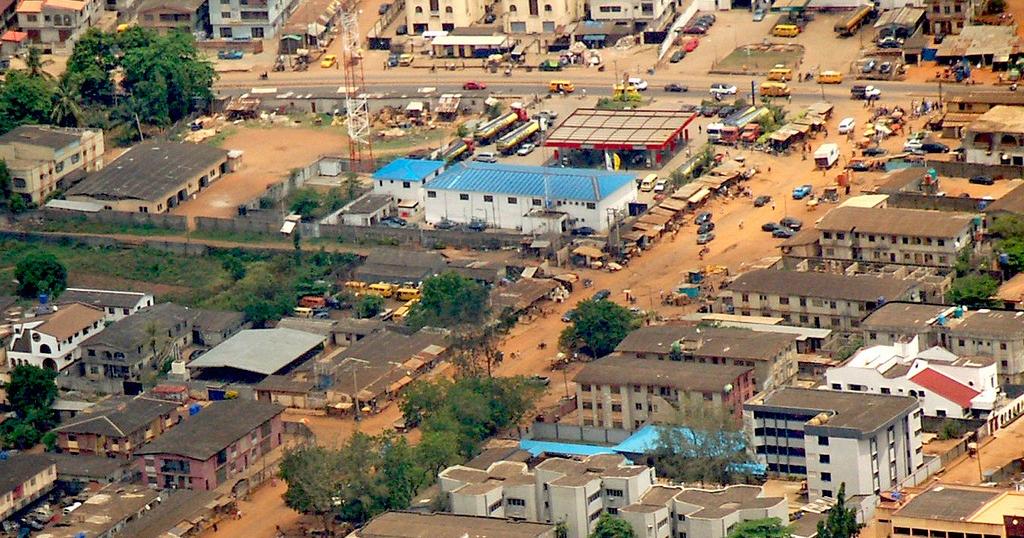Kaduna State
States Jan 03, 2025

Table of Contents
Introduction to Kaduna State, Nigeria
Kaduna State, located in the northwestern region of Nigeria, is a land steeped in cultural heritage, history, and economic significance. Known as the “Centre of Learning,” Kaduna is one of Nigeria’s most important states, boasting a diverse population and remarkable historical landmarks. Over the years, it has grown into a vibrant hub for politics, education, and commerce.
Geography and Demographics

Kaduna State is situated in the northern part of Nigeria, bordered by Kano, Katsina, Zamfara, Niger, and Plateau States, as well as the Federal Capital Territory. Its capital city, Kaduna, serves as an administrative and commercial center. The state covers an area of about 46,053 square kilometers and has a population of over 8 million people according to recent estimates.
The state’s population is diverse, with over 50 ethnic groups, including the Hausa, Fulani, Gbagyi, Adara, Bajju, Atyap, and many others. This diversity is reflected in its rich cultural practices, languages, and cuisines.
Historical Background

The history of Kaduna State dates back to the early 20th century, during the colonial era. In 1913, the British colonial administration established Kaduna as the capital of the Northern Protectorate due to its strategic location along the Lagos-Kano railway line. This decision played a significant role in shaping Kaduna’s development as one of Nigeria’s most prominent cities.
The name “Kaduna” is believed to have originated from the Hausa word “Kada,” meaning crocodile, as the Kaduna River, which flows through the state, is home to these reptiles. Kaduna officially became a state in 1967, when Nigeria was divided into 12 states from the previous regional structure.
Cultural Significance
Kaduna State is a melting pot of cultures, traditions, and festivals. The state celebrates numerous annual festivals, such as the Ham Cultural Festival, Durbar festivals, and the Afan Festival, which showcase the rich heritage of its various ethnic communities. These events bring together people from different backgrounds and contribute to the state’s reputation as a cultural hub.
Additionally, Kaduna is home to traditional crafts like pottery, weaving, and leatherwork, which continue to thrive and attract both local and international attention.
Economic Importance
Kaduna State plays a vital role in Nigeria’s economy. It is a major center for agriculture, producing crops such as maize, millet, groundnuts, cotton, and ginger. The state also has a strong industrial base, with industries ranging from textiles to manufacturing and oil refining.
The Kaduna Refining and Petrochemical Company (KRPC) is one of the state’s key industrial landmarks, contributing significantly to Nigeria’s energy sector. Additionally, the city of Kaduna serves as a major transportation hub, connecting northern and southern Nigeria through its extensive road and rail networks.
Educational Institutions
Known as the “Centre of Learning,” Kaduna State boasts some of Nigeria’s most prestigious educational institutions. These include Ahmadu Bello University (ABU) in Zaria, one of Africa’s largest universities, and the Nigerian Defence Academy (NDA), the premier military training institution in the country. Numerous other secondary and tertiary institutions contribute to the state’s robust educational system.
Tourist Attractions
Kaduna State is rich in tourist attractions that highlight its historical and natural beauty. Some notable sites include:
- Kajuru Castle: A medieval-style castle built in the 1970s, offering breathtaking views and a unique architectural experience.
- Kamuku National Park: A haven for wildlife enthusiasts, featuring diverse flora and fauna.
- Lord Lugard’s Residence: A historical site that served as the residence of the first Governor-General of Nigeria.
- Matsirga Waterfalls: A stunning natural waterfall located near Kafanchan.
These attractions make Kaduna an appealing destination for history lovers, adventurers, and cultural enthusiasts.
Challenges and Opportunities
Like many states in Nigeria, Kaduna faces challenges such as insecurity, poverty, and infrastructural deficits. However, the state government continues to make efforts to address these issues through investment in education, infrastructure, and security measures.
With its rich history, cultural diversity, and economic potential, Kaduna State remains a beacon of opportunity and growth in Nigeria.
Conclusion
Kaduna State is a fascinating blend of history, culture, and modernity. From its colonial roots to its current status as a center of learning and commerce, Kaduna has played a significant role in Nigeria’s development. Whether exploring its vibrant festivals, historical landmarks, or natural wonders, there is no denying the charm and importance of this remarkable state.
